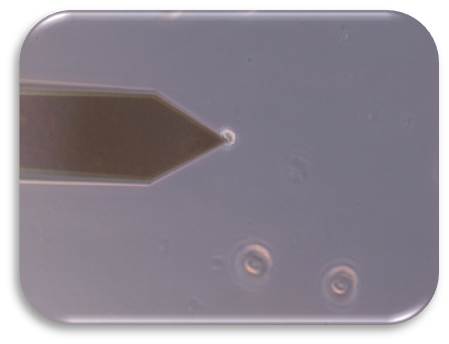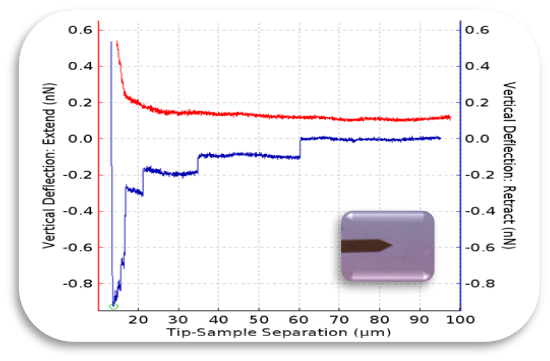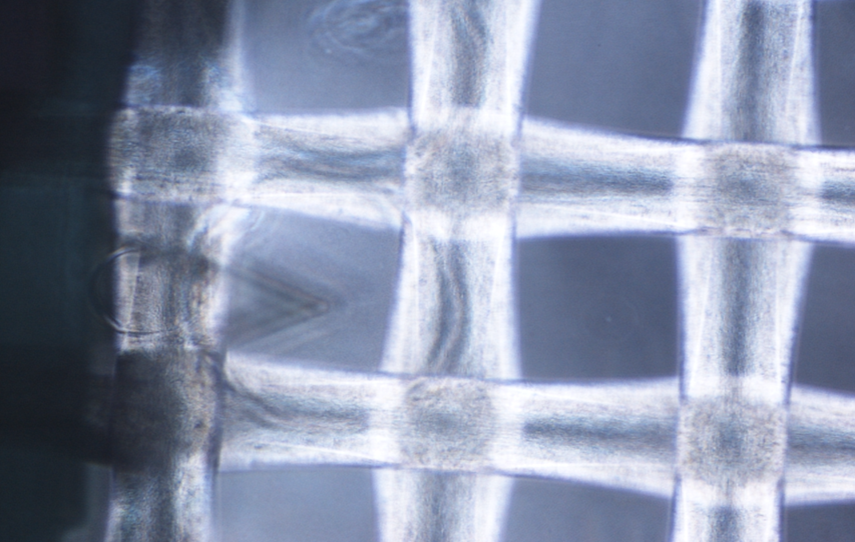U22-S03. In vivo toxicology in rodent and non-rodent species
In vivo toxicology in rodent and non-rodent species
We offer a specialized service of in vivo Toxicology in both Rodent and Non-Rodent species to evaluate possible toxicological effects of chemical, pharmaceutical and biological compounds. Our veterinarians guarantee and ethical and safe environment, performing a wide variety of standard and customized tests, such as acute, subchronic, chronic, reproductive, developmental, toxicity and mutagenicity studies. We work according to rigorous ethical and regulatory standards to generate reliable data essential for risk assessment in product development.We work with researchers to design and develop animal models, tailored to their specific needs. From the selection of the right animal to the methodology of disease induction, we ensure to create relevant and reliable models.
Customer benefits
All areas and facilities integrated in the unit have obtained certifications according to ISO-9001 and Good Laboratory Practices (GLP) standards, guaranteeing the production of highly accurate results.
This allows us to carry out preclinical research and safety and efficacy studies in animal models in full compliance with the rigorous criteria established by regulatory agencies, ensuring the reliability and traceability of all results and tests performed in the different services that we offer.
Target customer
- Agrochemical companies.
- Food and beverage industry.
- Chemical manufacturers.
- Academic institutions.
- Regulatory agencies.
- Pharmaceutical industry.
- Any organization involved in the development, manufacture or products’ regulation with potential risks to human, animal or environmental health.
Additional information
Selected publications:
- Soria F, Delacruz JE, Aznar-Cervantes SD, Aranda J, Martínez-Pla L, Cepeda M, Pérez-Lanzac A, Bueno G, Sánchez-Margallo FM. Animal model assessment of a new design for a coated mitomycin-eluting biodegradable ureteral stent for intracavitary instillation as an adjuvant therapy in upper urothelial carcinoma. Minerva Urol Nephrol. 2023 Apr;75(2):194-202.
- Soria F, Morcillo E, López de Alda A, Pastor T, Sánchez-Margallo FM. Catéteres y stents urinarios biodegradables. ¿Para cuándo? [Biodegradable catheters and urinary stents. When?]. Arch Esp Urol. 2016 Oct;69(8):553-564.












